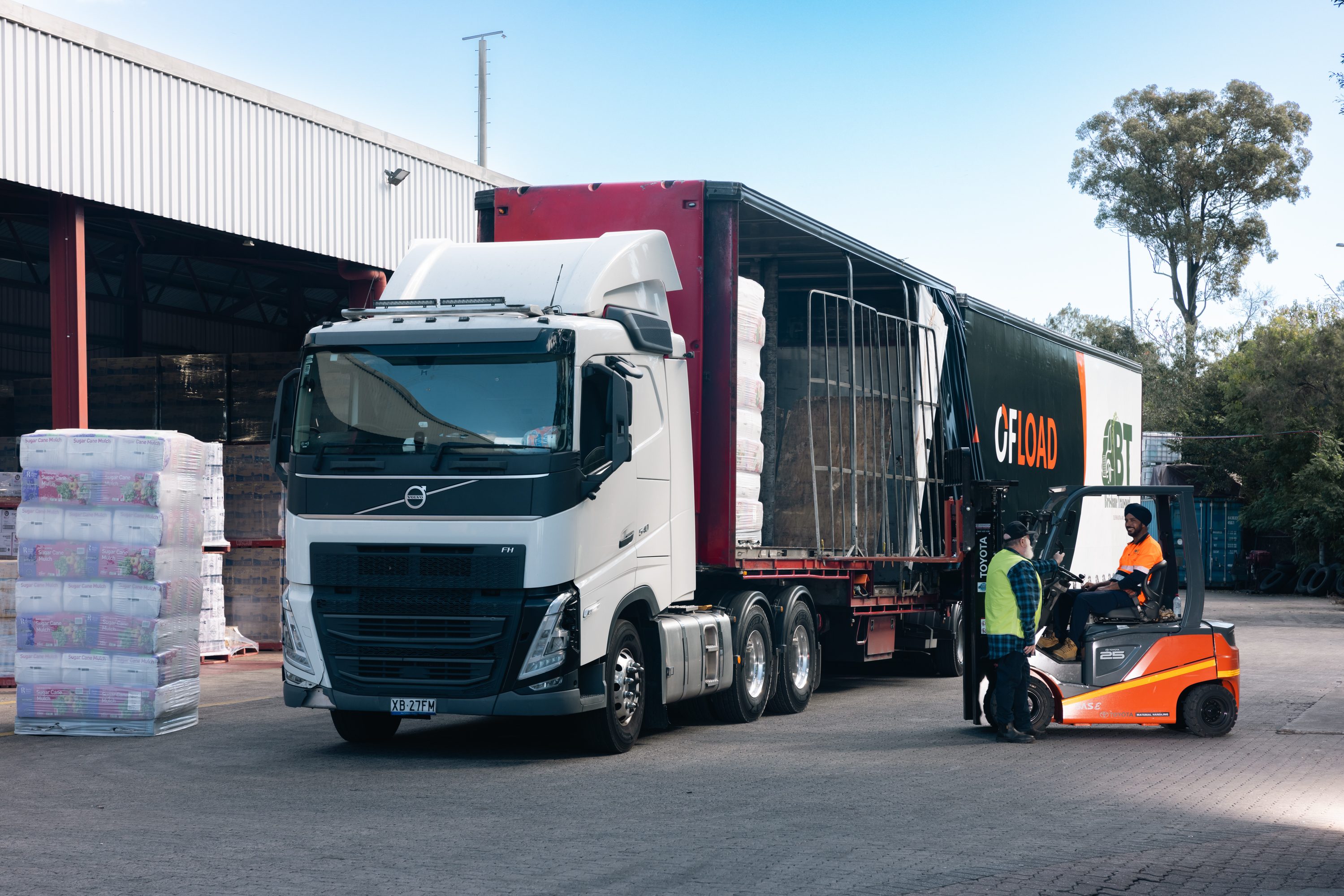
The missing productivity lever: the networks that move the economy
Opinion: Australia’s productivity revival hinges on freight and logistics; without efficient, tech-enabled supply chains, every other reform will underdeliver.

The discussion around productivity is one of waste versus efficiency, impact versus resources. Movement of goods and services is critical to outcomes – yet a third of Australia’s freight journeys are made by empty trucks.
Australia’s supply-chain efficiency should sit alongside AI, energy and tax on the reform docket. Or every other fix underdelivers. As the government’s economic reform roundtable gets underway, key infrastructure like energy, labour, and digital technology is front and centre in the discussions about reversing falling productivity and lifting standards of living.
But a crucial type of infrastructure upon which national productivity and living standards hinge, is being overlooked – at great risk.
It seems one of the most powerful drivers of economic growth has been left off the agenda. A robust, sustainable, efficient and cost-effective logistics industry is a major linchpin of improved growth and living costs – and one that determines the effectiveness of many other reforms.
Currently freight and logistics account for around 8.6% of GDP. But their impact extends far beyond this, affecting almost all goods and many services.
Logistics are foundational to the productivity revival – not just as a business issue, but a national productivity lever and a capability that can bottleneck growth. Inefficient or weak freight infrastructure will see every other reform on the table deliver below its potential. Without it, gains in AI, net zero, or the workforce will fall short.
As other avenues of logistics become less reliable, less cost effective or less accessible, freight logistics in particular has become the circulatory system of the Australian economy.
The Productivity Commission has highlighted the impact of demographic and energy shifts, and freight logistics is not exempt. Several headwinds beleaguer our system, including an ageing driver workforce, rising energy costs, fragmentation, a heavy carbon footprint and analogue processes.
But effective usage of technology and data can address or offset these issues, boosting the sector’s resilience, lowering costs and slashing emissions.
Tech platforms can match goods loads to truck capacity – cutting empty kilometres, directly lowering costs and emissions, and improving the resilience of small freight businesses.
Realtime data and AI use enables route and load optimisation. Consolidating freight and honing routes saves fuel, congestion and delivery issues.
The energy transition offers gains here as much as any sector. The coordinated adoption of low-emission fuels including biofuels, hydrogen, and electric heavy vehicles, would put a huge dent in the 4% of Australia’s emissions that come directly from trucks. But this transition requires scale across national logistics; and only addressing fragmentation and inefficiencies with technology will make it possible.
Tech can boost sector resilience too, with data sharing offering visibility over fragmentated supply chains, allowing for smarter allocation of capacity during disruptions like floods and port delays. These advancements will keep the economy moving, future-proofing logistics against extreme weather, rail outages, and even geopolitical impacts.
These advancements aren’t pipe dreams. Recent innovations show productivity gains are consummately achievable. Larger vehicles with shared loads, electric vehicles, carbon analytics reporting, and hydrogen ‘highways’ have all been introduced by operators in recent years.
Freight efficiency is a primary pillar of Australia’s productivity future and it is essential that it be embedded in any reform agenda, alongside other key national infrastructure. Without it, every other reform will deliver less.
In collaboration, industry, government, and tech-powered operators can build a resilient national supply chain that enables growth and economic improvements.
The urgency of a productivity revival to Australia’s future is clear, and logistics is not an optional component. Efficient logistics are essential to lifting living standards in the decade ahead.
